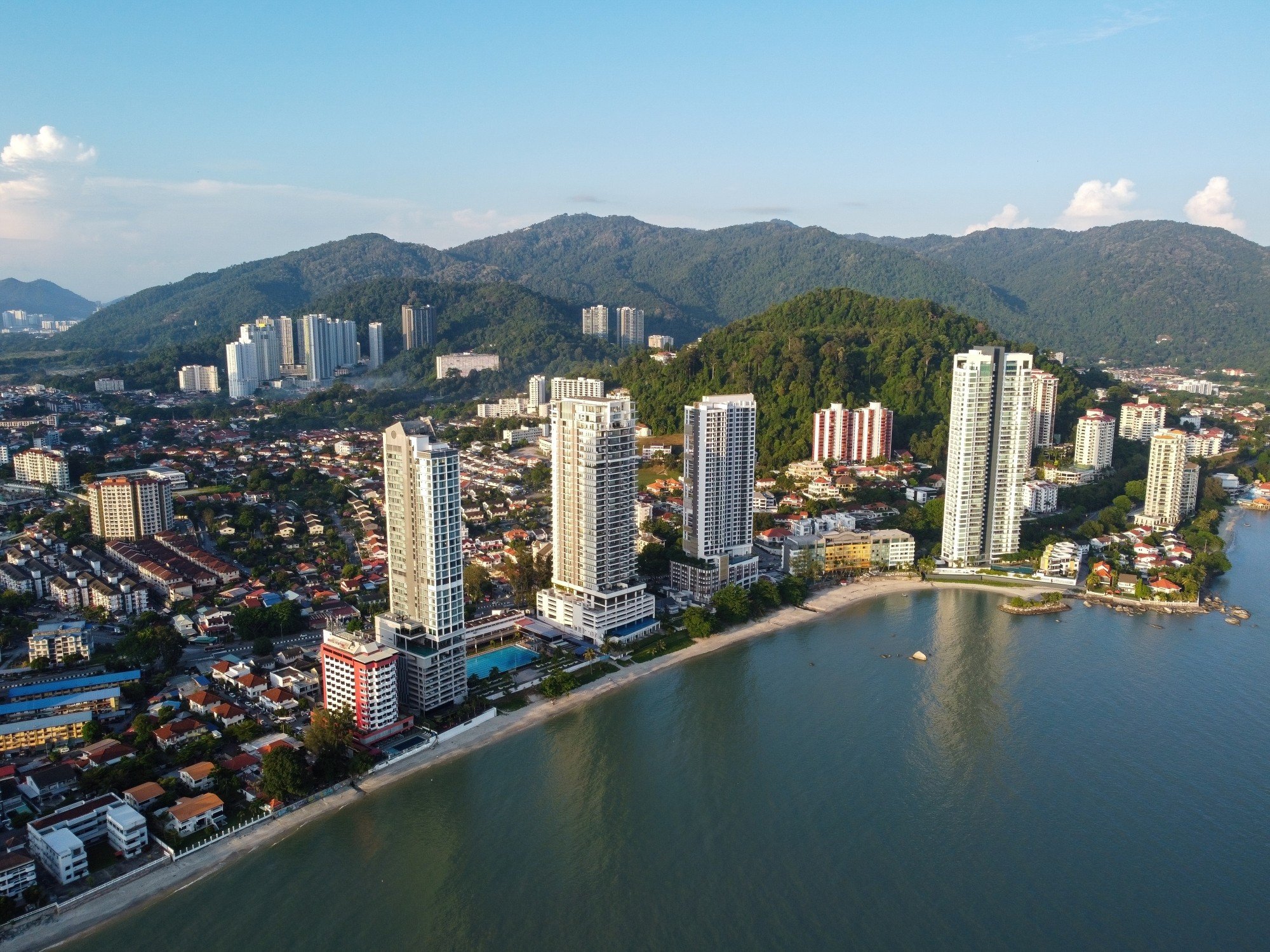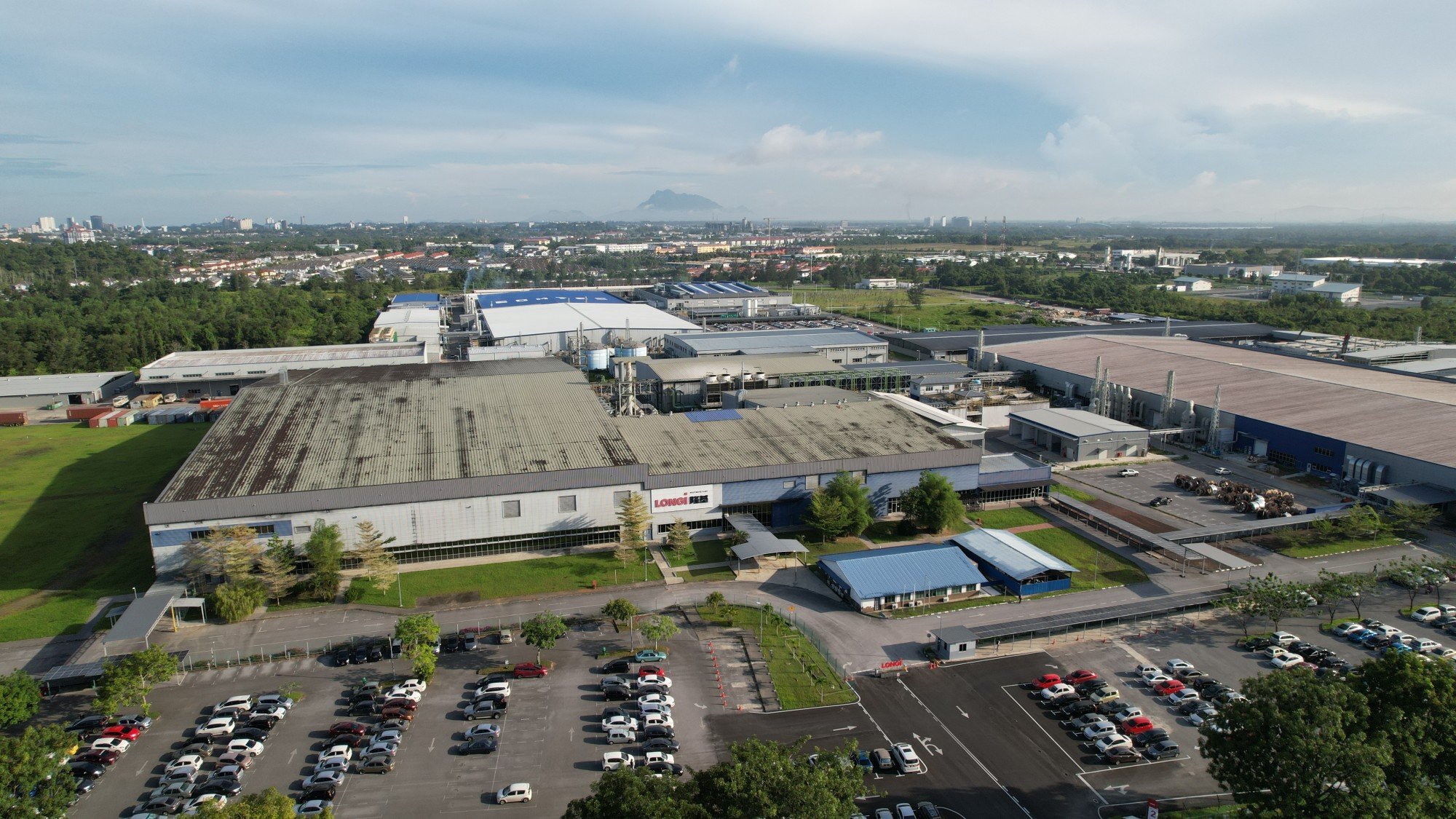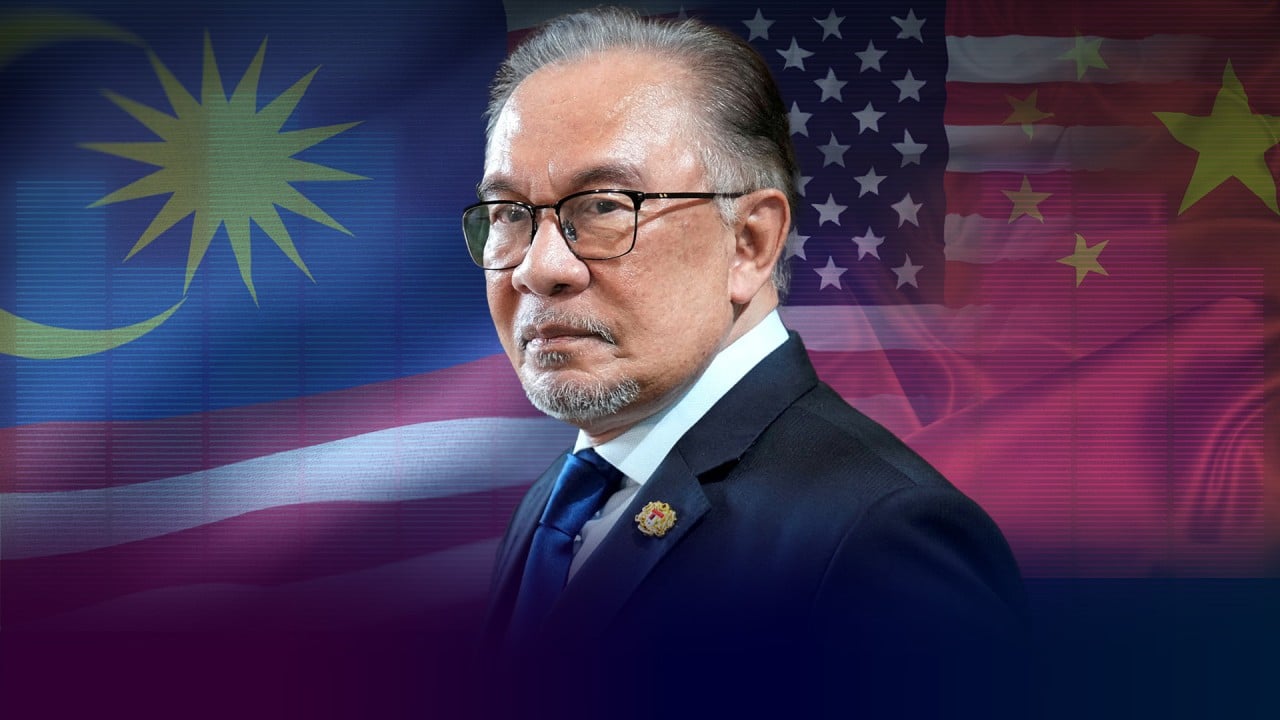“The Americans can impose [sanctions] if they [involve] American companies. It’s fair. But they can’t impose everything on us,” the prime minister said in an exclusive interview with the Post at his office on June 6.
“If it is our product or some other foreign product [manufactured in Malaysia], we are free to do what we like.”
Malaysia, which already supplies 13 per cent of the world’s demand in the industry’s packaging and testing sector, aims to secure at least US$106 billion in new semiconductor investments under its National Semiconductor Strategy.
A significant part of the plan involves breaking into front-end wafer fabrication manufacture and integrated circuit design, an area considered to be the holy grail of chip production that could potentially bring in tens of billions of dollars in investments just to build a single fabrication plant, or Fab.
Anwar said Malaysia has already secured investments to build two Fabs, with one confirmed in Penang state, also known as the ‘Silicon Valley of the East’, with the other to be built elsewhere.
On Tuesday, US firm MKS Instruments announced plans to start construction of a “supercentre” factory next year in Penang, which the company said will support wafer fabrication equipment production both regionally and globally. It did not reveal the value of the investment.
“I’m rather optimistic. That’s why last week we made clear our policy position,” Anwar said of Malaysia’s National Semiconductor Strategy.

The prime minister conceded that the recent flurry of investments by American firms in Malaysia’s semiconductor sector could expose the country to increasing pressure from Washington, especially with Malaysia responsible for supplying at least 25 per cent of the US demand for chips.
“But even then we said OK, we’ll discuss with the United States … if they have evidence to adduce, to provide. But as it stands, no.”
Despite the growing pressure from the US, Anwar said Malaysia remains open to building on its existing relationship with the superpower in the semiconductor space while it also pursues opportunities with other partners, particularly in Asia.

“We have an edge, of course. [The industry] has been there for some time now, for a few decades. Now we are merging to the front end and the level of sophistication,” Anwar said.
The government, Anwar said, will not place any restrictions on Malaysian companies seeking potential partners of clients, including on where they can sell their products, unless barred by sanctions imposed by multilateral organisations such as the UN.
This position, however, will invariably lead to further scrutiny by the US if it sees Malaysia supplying vital components to its rivals, especially China.
Anwar said Malaysia has already set up semiconductor deals with China “in some minor areas”, and expects these to expand with more investments between the two nations.
“They say you also have investments in China, you are exporting to China. Yes, it is our product, we can of course export,” Anwar said.
“We will undoubtedly face some issues, some questions. But I hope we can manage.”


